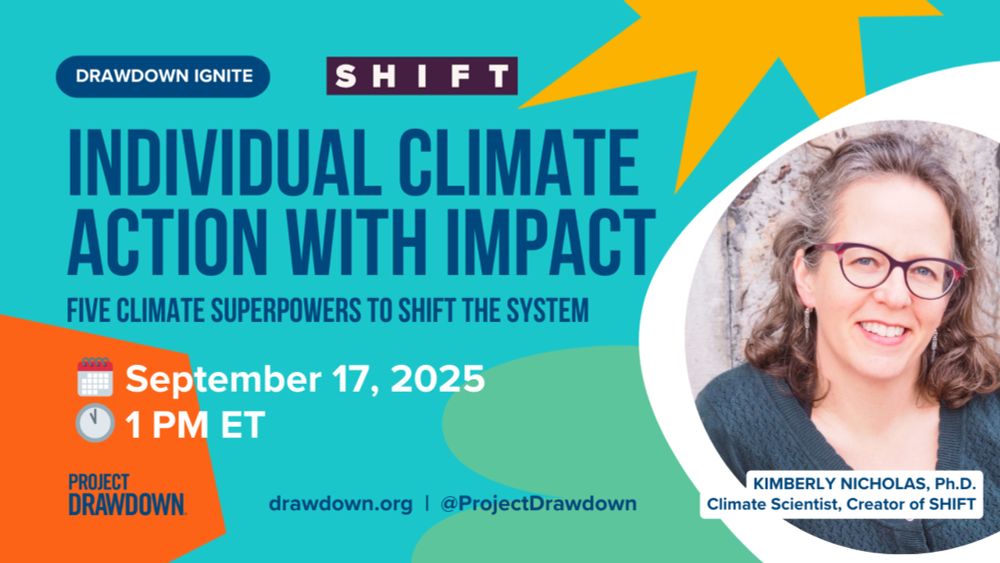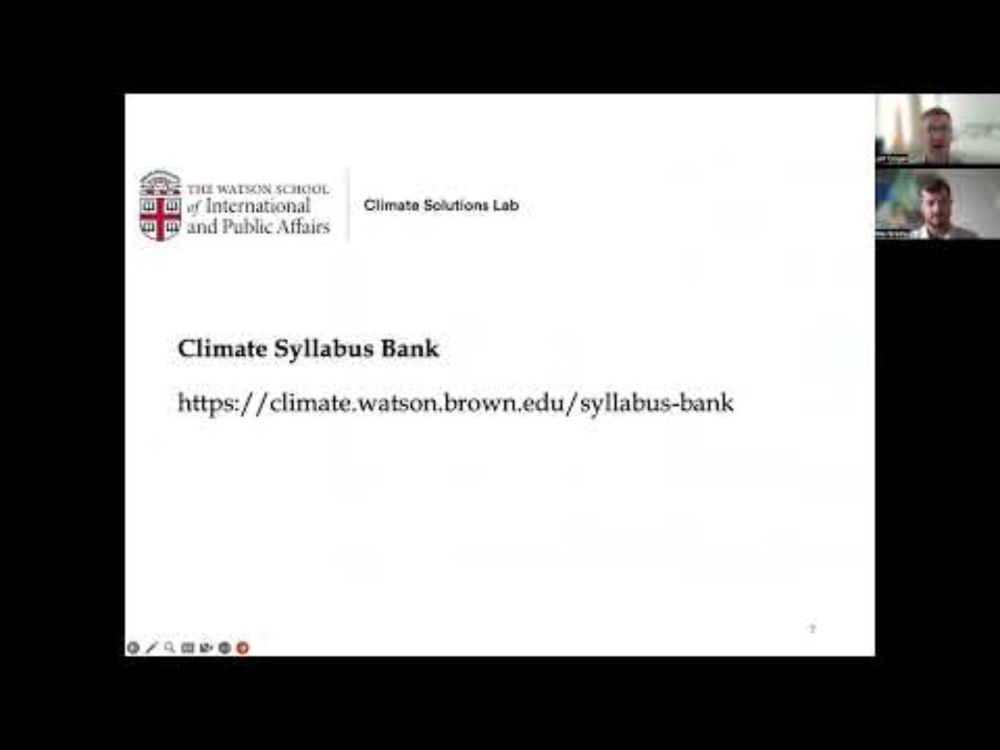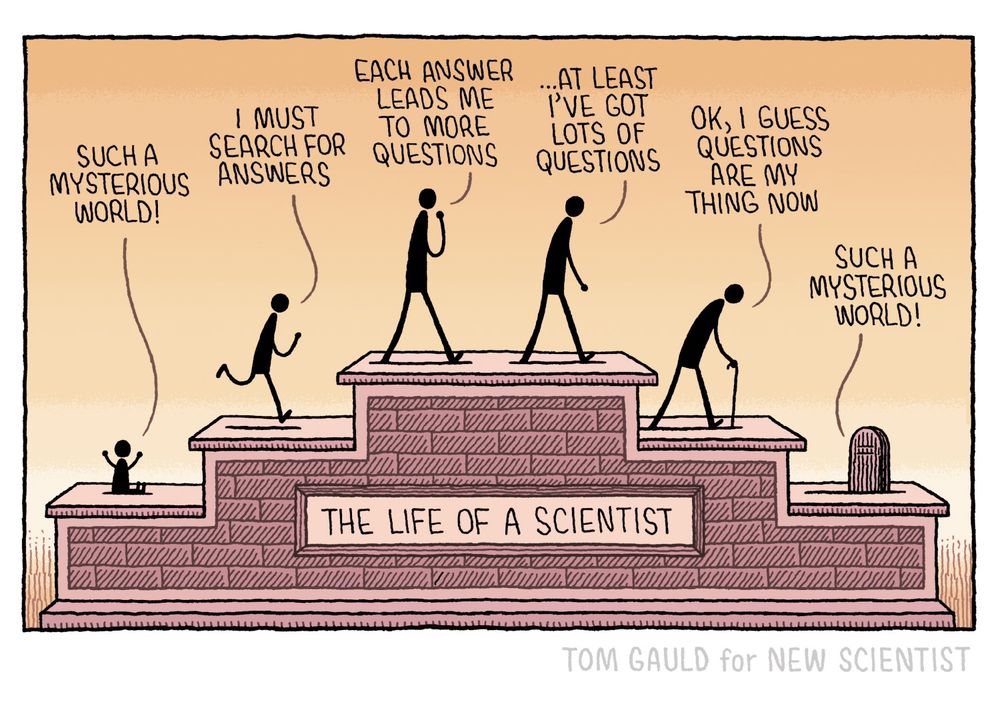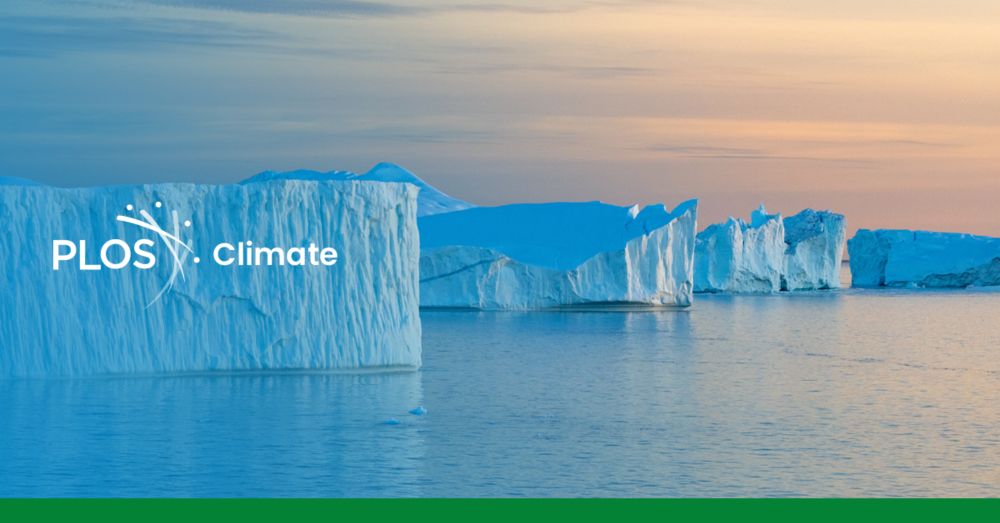Anne Urai 🟥
@anne-urai.bsky.social
3.5K followers
630 following
160 posts
Academic nomad | Wandering neuroscientist | Climate worrier | Assistant Professor @ Leiden University, views very obviously mine | https://anneurai.net/
Posts
Media
Videos
Starter Packs
Pinned
Reposted by Anne Urai 🟥
Anne Urai 🟥
@anne-urai.bsky.social
· Sep 5
Anne Urai 🟥
@anne-urai.bsky.social
· Sep 3
Reposted by Anne Urai 🟥
Dr. Cat Hicks
@grimalkina.bsky.social
· Sep 3
Anne Urai 🟥
@anne-urai.bsky.social
· Sep 3
Reposted by Anne Urai 🟥
Reposted by Anne Urai 🟥
Reposted by Anne Urai 🟥
Reposted by Anne Urai 🟥
Grace Lindsay
@neurograce.bsky.social
· Aug 20
Anne Urai 🟥
@anne-urai.bsky.social
· Aug 21
Anne Urai 🟥
@anne-urai.bsky.social
· Aug 21
Anne Urai 🟥
@anne-urai.bsky.social
· Aug 20
Reposted by Anne Urai 🟥
Reposted by Anne Urai 🟥
Reposted by Anne Urai 🟥














